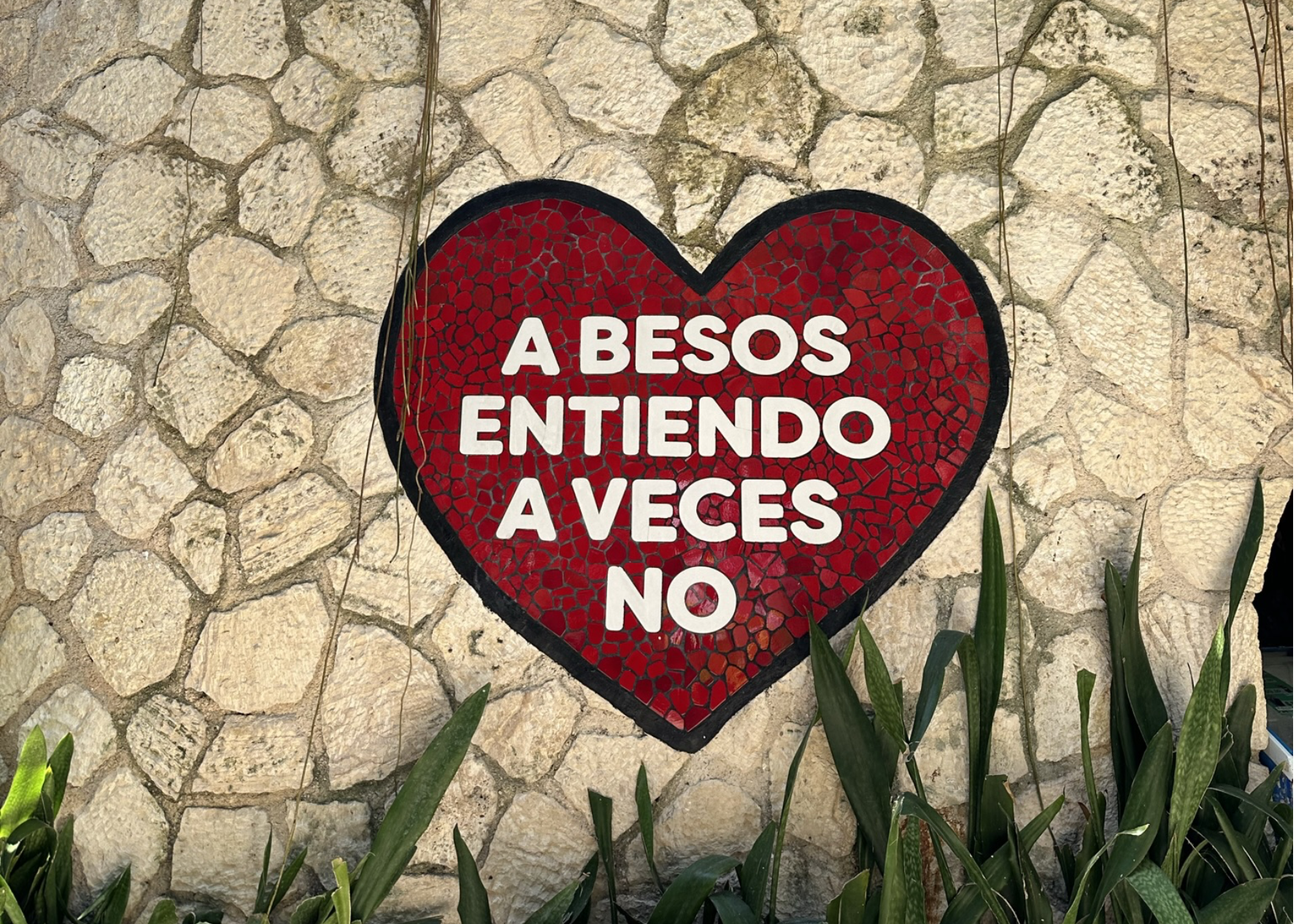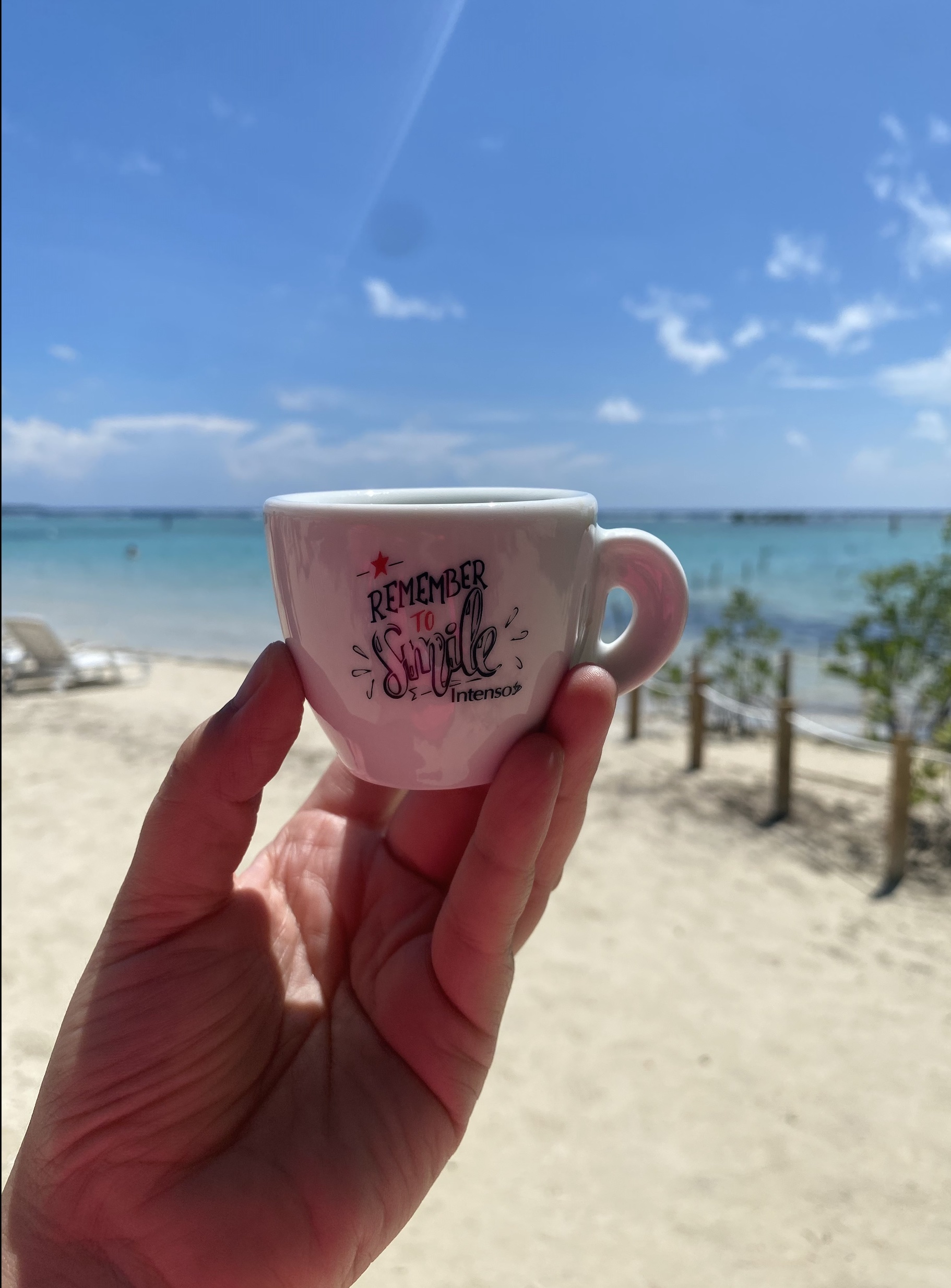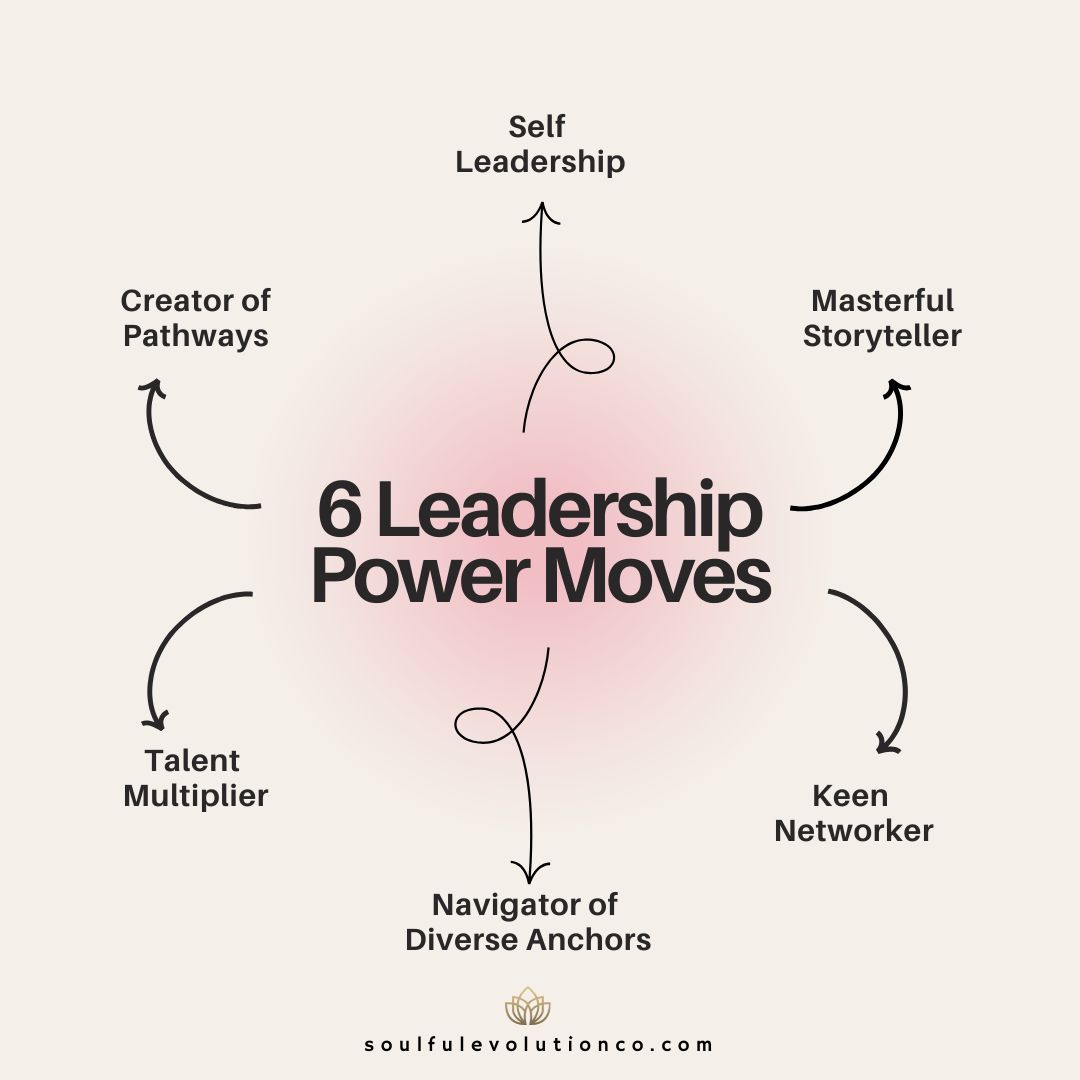In the bustling border town of Laredo, Texas, I, Alma, a shy emergent bilingual Latina girl, navigated schools in Mexico and the United States feeling like an outsider in my own communities. Raised in a world where Spanish was the only language spoken at home and English was only spoken at schools, I often felt insecure about speaking and fully embracing my dualism. As a young girl, it was clear to me that I wasn’t from Mexico and I wasn’t from the United States- I was from both. You see, no one told me that it was “ok” to be both.
In the 1980s, the verbal and non-verbal messages I received were that I was either, or, but not both. I perceived the messages stemmed from all the race, ethnicity, and ability labels I received upon entering school. During my dissertation research, I discovered that for many Latino youth the struggle with this dualism is real. Compounding my sense of belonging insecurities was the fact that I spoke with an accent. Consequently, I shied away from engaging in conversations avoiding opportunities to share my knowledge, ideas, and passions with others.
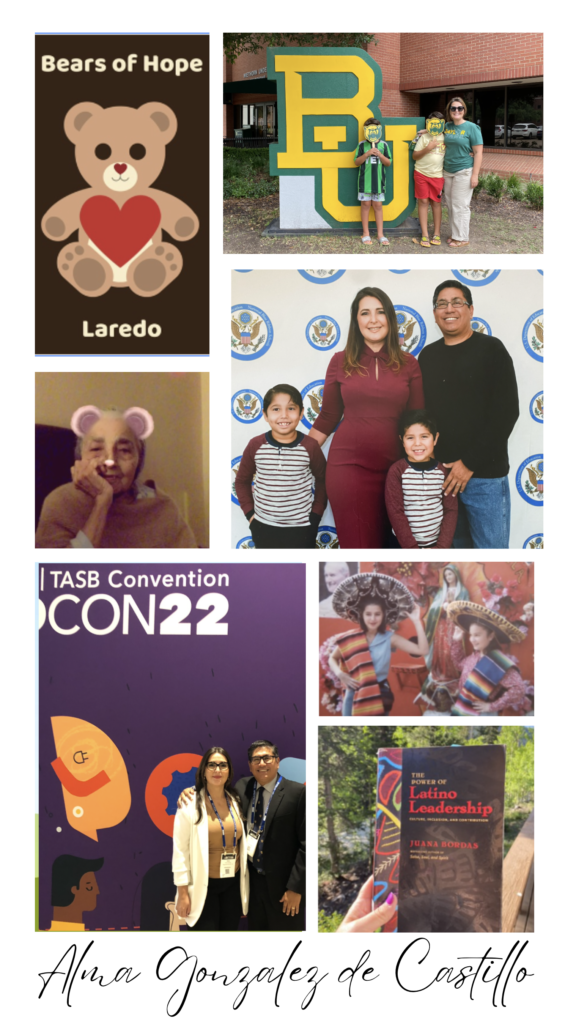
Despite my apprehension, I mustered the courage to show up to school everyday. I clearly remember being retained in 3rd grade for not fully speaking English. I felt, and still feel, penalized for my Spanish language. I, also, remember that my teacher humiliated me in front of my peers when she said, “I want you to read English how you speak Spanish.” I was so embarrassed and couldn’t read or talk for a while. My already fragile inner and outer voice shattered. Hence, I became more silent and shied away even more.
However, I remember a deep burning fire inside of me. I now recognize this fire as anger. This fire fueled my desire to be a fluent English speaker, become an avid reader, and a top notch student. I was on a quest to show the world who they were messing with. Somehow in elementary, I was able to channel my anger to fuel my passion. Surrounded by peers who shared similar struggles, I felt a sense of responsibility very early on. I felt responsible to protect them one way or another. This responsibility became my passion.
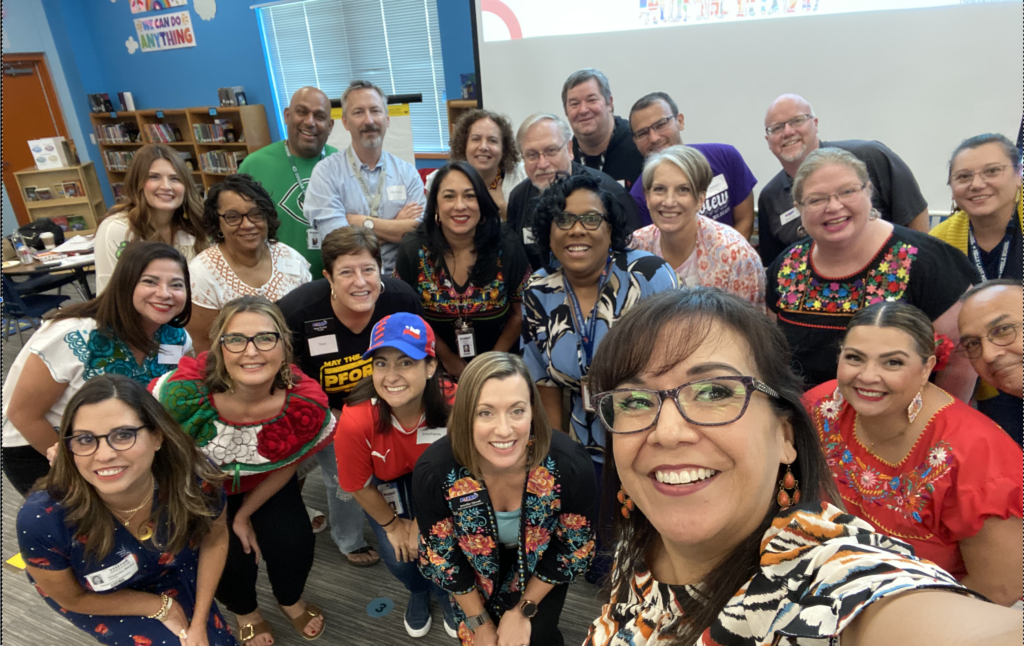
Clearly, I was not using my voice. So I began to use my intellect, analytical skills, and systems thinking abilities to propel myself forward. Fast forward to 2002 while working for a non-profit with families in colonias along the Rio Grande River, I discovered my voice and passion for uplifting others like me. Witnessing the inequities of these communities, I could no longer keep quiet. It dawned on me that my unique perspective as an emergent bilingual could bridge cultural divides and empower my community.
With newfound determination, I dove into becoming a life-long educator and researcher. In addition to being an educator and researcher, I organize programs, events, and activities aimed at celebrating our diverse culture and encouraging others to embrace their roots. It has been through working with the most vulnerable and impoverished Latino communities in the United States that I found my voice.
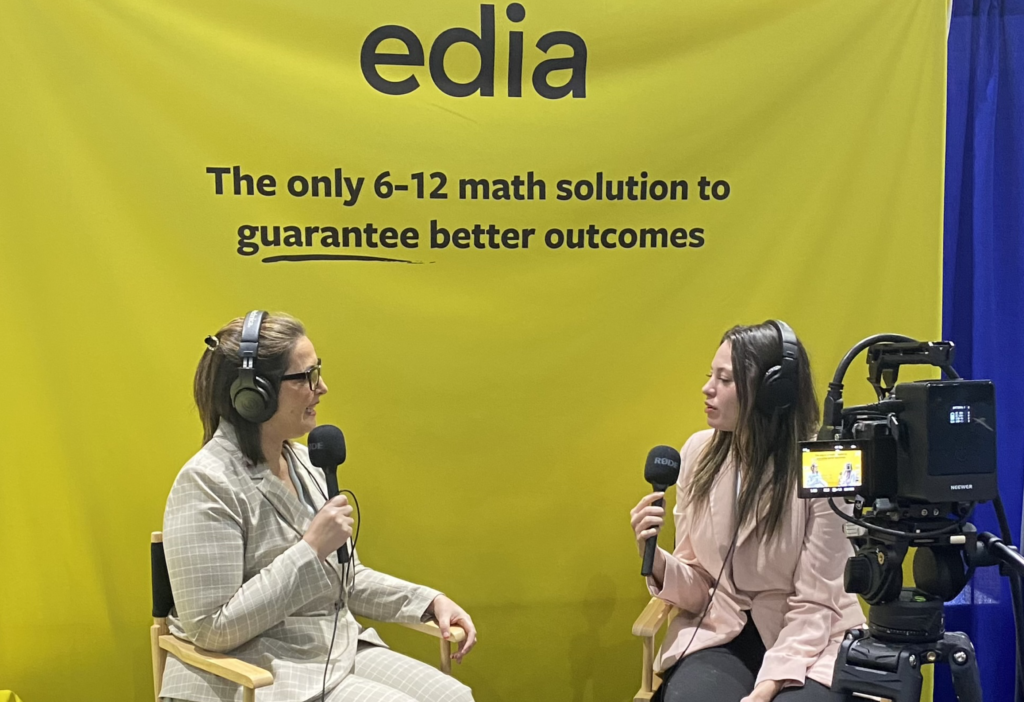
I now harness my passion and sense of responsibility by empowering Latinos to be courageous, authentic, and proud. I use my voice to educate and bring awareness about Latino communities to others through research, best practices, presentations, podcasts, and my website. Through my efforts, I use my voice as a beacon of inspiration to other Latinos, proving that even the quietest voices could spark change and make a difference. Most recently, I participated in a national podcast describing my current work as an Assistant Superintendent of School in Central Texas. In February, I presented to a group of Aspiring Latino/a Superintendents at AASA- The School Superintendent Association in San Diego, CA.
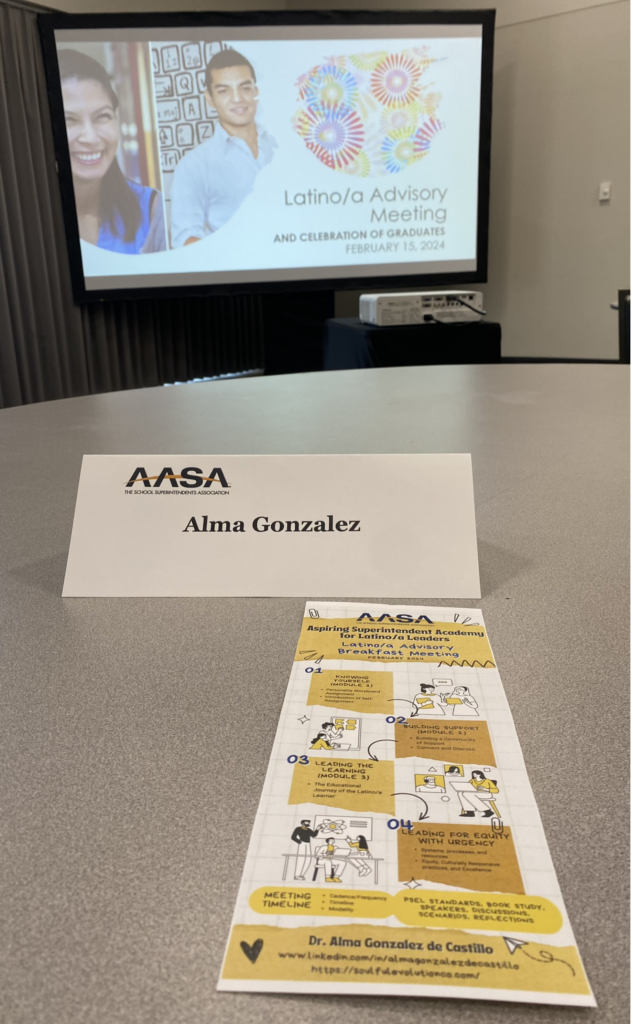
As I continue my journey of empowerment, I find my own insecurities fading away. Embracing my role as an educator and researcher, I use my voice to amplify the experiences of those around me. Whether in the vibrant streets of Laredo or in cities across the nation, I find strength in my heritage and pride in uplifting others, realizing that in doing so, I am uplifting myself.
Here are 5 reflective questions for leaders who aim to find their voice…
- What personal experiences or values shape your perspective as a leader, and how can you use them to inform your voice and decision-making?
- In what situations do you feel most confident expressing your opinion and ideas, and what factors contribute to act confidence?
- How do you navigate challenges such as fear of judgement or imposter syndrome when asserting your voice as a leader?
- Are there any patterns or tendencies in your communication style that may inhibit you from fully expressing yourself as a leader, and how can you work to overcome them?
- What steps can you take to culture supportive environment where all voices are heard and valued, including your own?
Let me help you find your voice. Click on the icon below to visit my website and set up a consultation.

